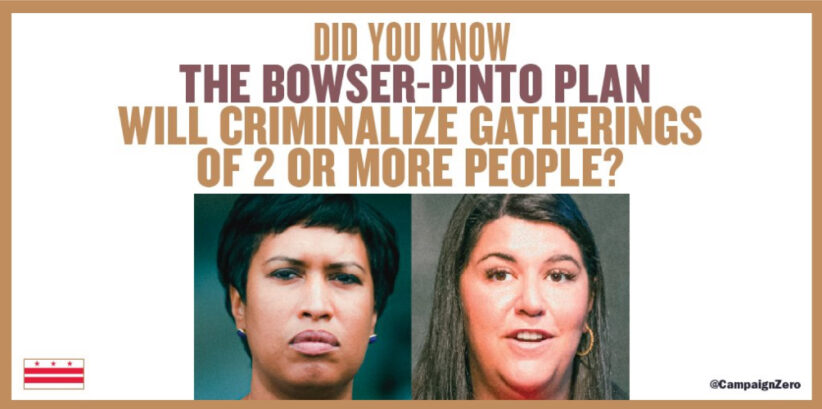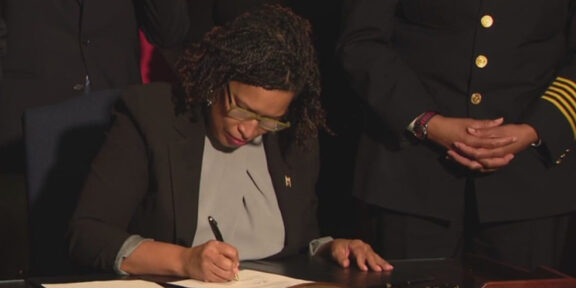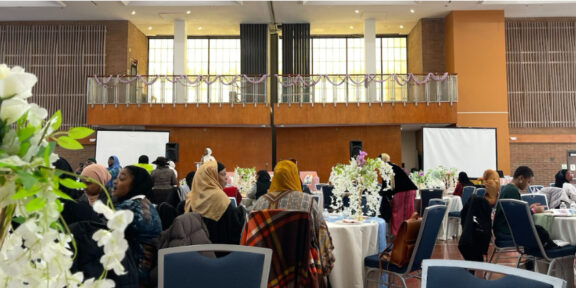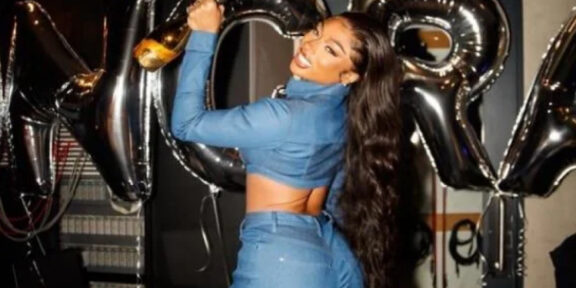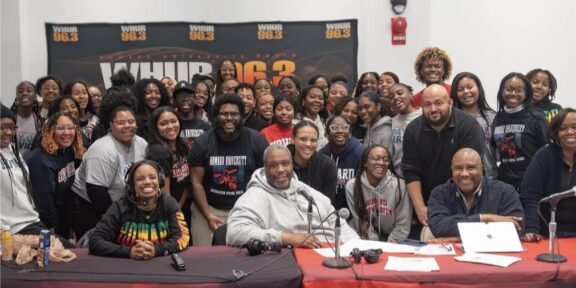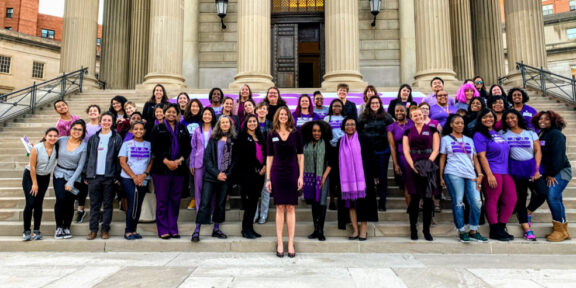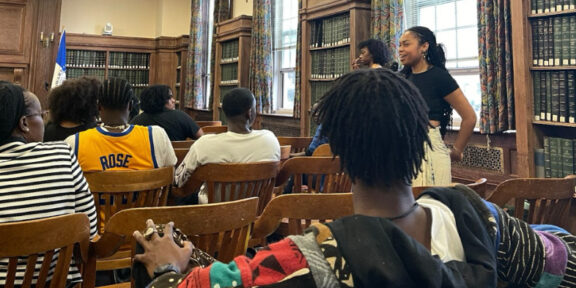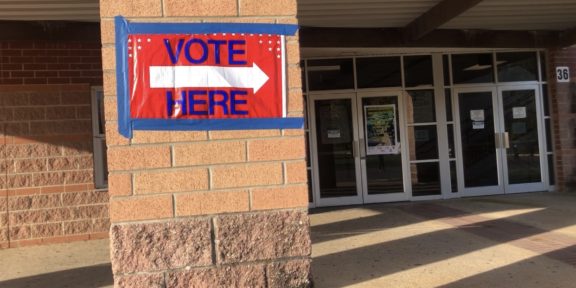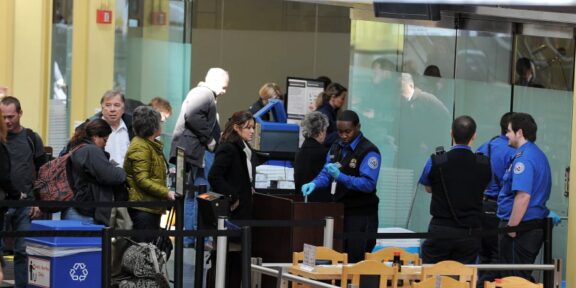By Autumn Coleman
On March 11, Mayor Bowser signed the Secure D.C. bill into effect.
Prior to the signing, Campaign Zero posted on social media calling attention to the Secure DC Crime Bill, which had previously passed unanimously in the D.C. Council on Feb. 6.
The post announced that Mayor Muriel Bowser and Councilwoman Brooke Pinto plan to criminalize gatherings with two or more people.
The legislation addressed the recent continuous growth in crime across the District. Brooke Pinto, a Ward 2 council member, introduced the bill, which includes a cluster of laws such as removing police body camera restrictions and criminalizing gatherings of more than two people.
DC Mayor Muriel Bower’s executive office released a statement in early January expressing the Mayor’s support for the legislation, citing its similarities to the Mayor’s Safer Stronger Amendment Act of 2023.
During a legislative session for the council, many community members expressed their disagreement about the bill’s subject matter.
Other council members and protestors supported amendments to the bill that were debated amongst the Council.
“Councilmember White is working on several amendments that he would like to see adjusted to the bill,” said Julia Jessie, director of communications on Councilmember Trayon White’s staff, in a statement. “Unfortunately, I am unable to share those amendments at this time.
“Council member White chose to vote present on the bill because he wanted to put forth those amendments and discuss the bill with Council member Pinto to make some revisions.”
Many have expressed concerns that the bill will adversely affect minority and youth communities in Washington, D.C.
During the vote, protestors of the bill wore shirts that read “Don’t throw D.C. under the Crimnibus,” a reference to a community initiative with the same name.
“Every time crime happens, they first automatically blame Black people,” said Latrice Nero, a security officer at Howard University. “There’s definitely more crime, but it doesn’t really impact me.”
The D.C. native has lived here but said they don’t follow the news.
“I know that people are gonna kill, but she [Mayor Bowser] isn’t doing enough to stop it,” Nero said. “Police should be out here every night at a certain time because they know people are going to shoot at a certain time. It should always be a police on the street somewhere.”
In a letter addressed to Nyasa Smith, secretary of the D.C. council, Pinto said the bill is aimed at strengthening protections for victims, specifically victims of domestic violence, children, and senior citizens, as well as filling gaps in D.C.’s current criminal code.
One of the amendments to the bill that protestors pushed back on was collecting DNA evidence from a person who had been arrested but not charged.
Councilmember Kenyan McDuffie of Ward 5 was among the opponents of this portion of the bill.
T.R.I.G.G.E.R Project DC, a youth advocacy group that works to prevent gun violence against youth, has publicly opposed the bill.
The group cites the bill’s focus on prosecution and extending punishment as the reasoning behind their concerns.
“I’m scared,” said the group’s founder, Tia Bell. “The youth are already being neglected, and this legislation isn’t going to help.”

